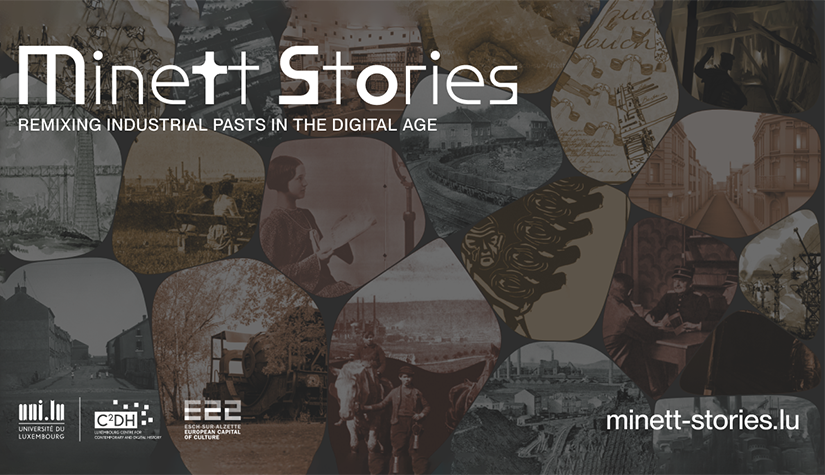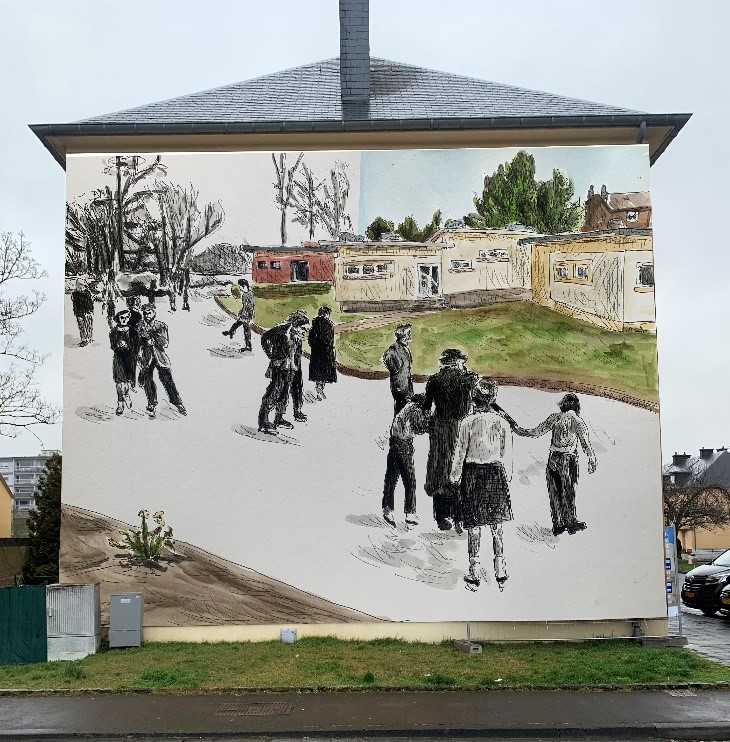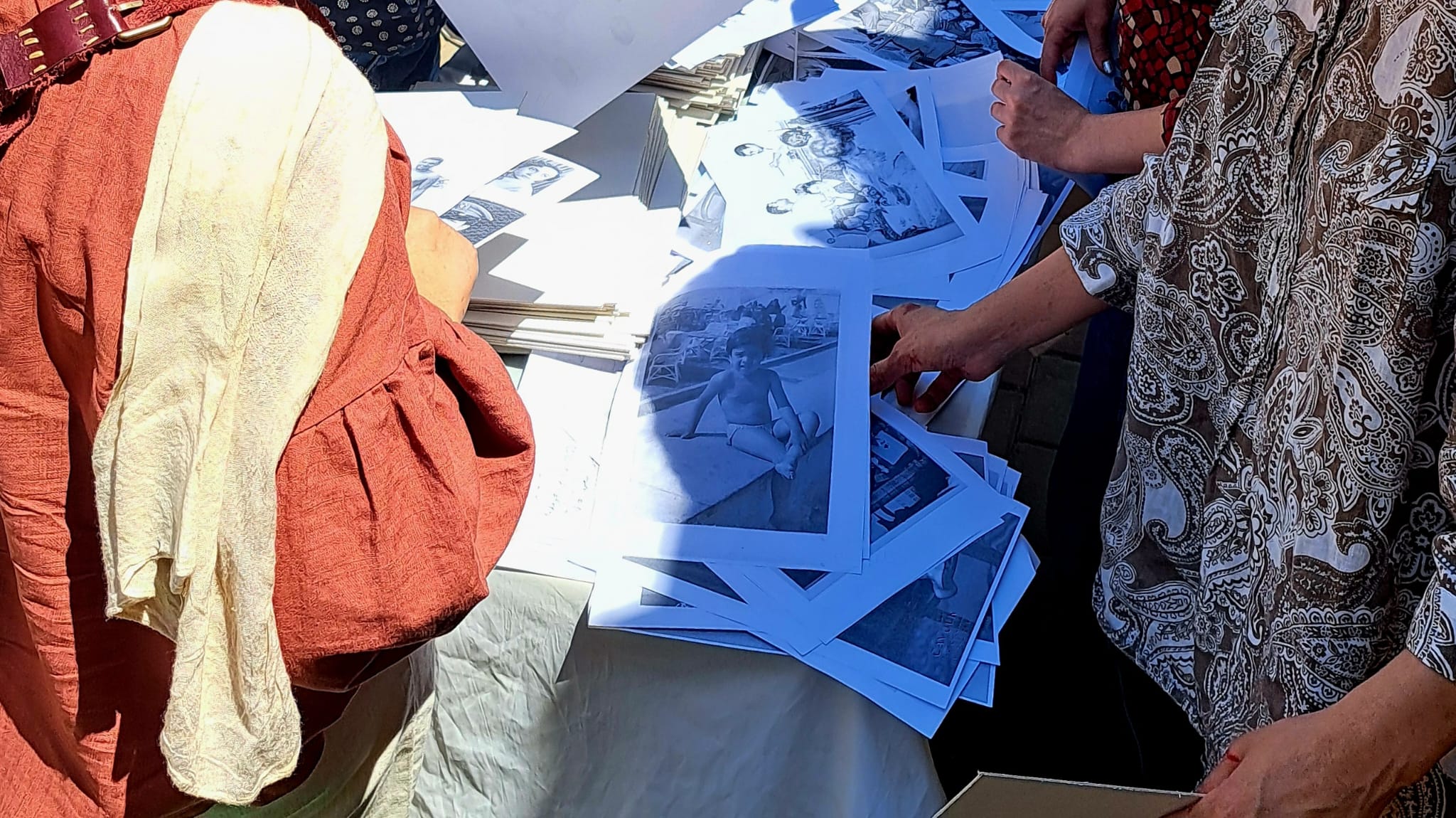Democratisation of history
Initially defined as “history outside the classroom”, public history targets non-academic audiences through a multitude of media and sites. It develops participatory practices with the aim of engaging with a variety of partners and fostering collaboration between universities, cultural institutions, decision-makers and various public groups.
Explore
Minett Stories

Global South Public History
Research projects
Cutting-edge public history projects are intertwined with outstanding academic research on the contemporary history of Luxembourg and Europe.

